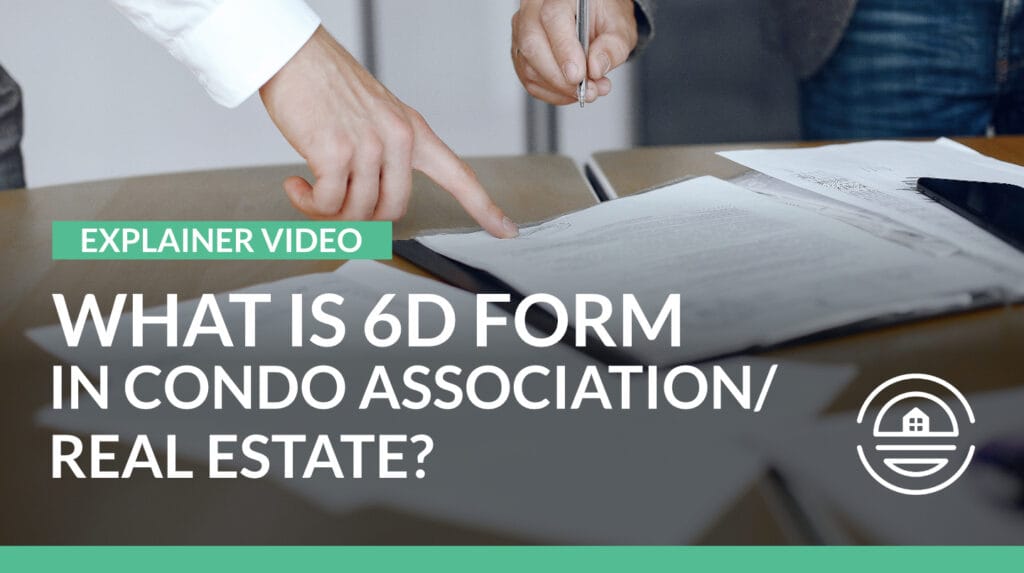How deleading can affect you and your children’s health?
Reading Time: 6 minutes Back in 1978, lead, a metallic substance, was added to paint. It was added because it made paint brighter and more durable. In this article, you will understand how this material that makes our places more beautiful can also affect our health particularly the children. How can lead removal affect you and your…

Back in 1978, lead, a metallic substance, was added to paint. It was added because it made paint brighter and more durable. In this article, you will understand how this material that makes our places more beautiful can also affect our health particularly the children.
Table of Contents
How can lead removal affect you and your children’s health?
It was discovered that if ingested, eaten, breathe-in within any of the debris from the dust of the actual paint, any children under the age of 6 years old or anybody (but specifically younger children because they’re still developing) could have issues with their health as well as their development. So it was decided that after 1978, no paint can have any lead within it.
This doesn’t mean that any paint used before in painting the houses doesn’t contain lead and that’s what we’re going to be talking about today.
The process of making your property lead-safe is pretty easy
The first thing you want to do is to determine if the property was built before 1978 or not. If it is after, you don’t have to worry about anything. You’ll know that there’s no lead in the property at least due to paint. As a result, you can rent it to anybody under the age of 6 years old.
In Massachusetts, landlords are legally required to remove lead if a family with a child under six is living in the property. It’s not enough to be able to say “I’m, not sure, I don’t know”. Ignorance is not bliss in this case. If it’s built before 1978, what you’ll do is you’re just going to Google mass lead-safe homes. You can enter your address in a database to see if there are any certificates or reports attesting to the lead-free status of your property.
If there are reports, you can look at it and see what hazards have been found, and if there’s none, that means that hasn’t been tested.
It’s always a good idea to get the test done ahead of time. That way, you’ll know exactly what’s going on and can take care of the lead if you decide to. But it doesn’t increase the value potentially as well as the rentability of your unit because you’re now opening up your property to children and you can advertise it as such. Instead of reacting last minute if someone needs the unit made lead-safe because they’re moving in with a child under six, it’s better to be prepared
You need to hire an inspector
The prices will range from about 300 USD per unit. Obviously, if you have multiple units, you might get a discount. If the units are larger it might be a little bit more. What this inspector will do is they’ll go check all the rooms both on the interior as well as the exterior. They’re going to test anything and use the XFR laser gun. They’ll press it against the certain mouthable aspect of your property.
When we say mouthable, think about it in the sense that anybody a child under the age of six, about four feet and under, would be able to gnaw on. Or anything that has friction and you could take friction as such things such as your windows that open up and down and the sides of it perhaps doors that open and close. That is friction that’ll cause paint dust due to the scraping of two different surfaces.
Again, you’ll test both inside and outside. If the lead level in the paint is over 1.0 mg/cm², you’ll get a report showing the areas that need lead removal.
How will you delead after?
After the inspection, you’ll send the report to a lead removal specialist. They’ll visit your property and give you an estimate based on the work that needs to be done. However, they should come and determine if anything, especially if the reports are older, if they need to do anything special to be able to pass your certification.
Different types of Deleaders
This is important because, as a homeowner, you can remove a small amount of lead yourself. You can also hire a Moderate-Risk Lead Specialist to handle low-risk lead removal. However, they can’t scrape, encapsulate, or seal lead. For that kind of work, you’ll need a Full-Risk Lead Specialist. They call it a class one in Massachusetts. Those people have higher education and higher license. They have to pass exams and have to have the right insurance to be able to cover themselves, as well.
It is quite expensive to pass these tests. Our founder, Jarrett Lau, is a class one deleader and he has done this because he had so many clients that we had to go through to delead their property. He also did purchase to make sure that they are safe for anybody that has children under the age of six.
It gives us the real knowledge and ability to be able to walk someone through this process to explain what needs to be done. It’s good to know that we can offer better discounted rates compared to other lead removal specialists since there’s only a small pool of licensed professionals. There are only less than 150 in all the states of Massachusetts. They usually do big projects and not small residential homes. If you have a lot of lead on your property, you might need a Full-Risk Lead Specialist. What they’ll do is come and do an estimate. They will be able to explain to you the timeline.
What happens if the property is currently occupied?
If tenants are living on the property, you’ll need to relocate them temporarily and cover their housing costs, whether it’s an Airbnb or a hotel. This will be required during the lead removal process and while testing is being done afterward
Remember, we mentioned earlier that an inspector will come at the beginning. They’ll know exactly of what needs to be done to ensure lead safety. They’ll have to do preparations to be able to make sure that any neighbors are safe and put up signs as well.
After the cleanup, another lead specialist will come back to do more testing, and yes, you’ll have to cover that too. They’ll do a wipe test to check for any dust or particles that could still be around, especially after all the scraping and lead removal. Dust is going to go everywhere. They want to make sure that it’s safe for people to move back in.
Usually, they’ll send it over to a lab and pay a huge amount of money to expedite the process. If not, typically it’s about 3 – 4 days to be able to get that test back. Once they get the result, they can say, “Hey, you can move back in!” If not, you’re going to have to work with your deleader again to be able to get those issues corrected and do another testing.
Once the second round of testing is done and you pass, you’ll get your certification. You can then say your property is lead-free, and it should show up on the website we mentioned earlier. It should be on the website mentioned a while ago.
Success!
You’ll be able to have children under the age of 6, living in your house safely. Again that’s an overview of what it takes to delead your property. If you have any other questions feel free to reach out to us. We would be happy to walk you through the process and answer any questions and help you love your home if necessary.
Creating a Tenant Retention Program: Best Practices for Property Owners
Reading Time: 3 minutesTenant retention is a crucial aspect of successful property management, offering numerous benefits such as cost savings, steady income, and a positive reputation. However, the cost of tenant turnover can be significant, including expenses related to vacancy, marketing, and screening new tenants. To mitigate these costs and foster long-term tenant relationships, property owners should implement…
The Importance of Seasonal Maintenance in Boston: A Guide for Property Owners
Reading Time: 4 minutesBoston, with its vibrant history and picturesque seasons, also faces distinctive weather challenges that can pose a significant threat to property maintenance. From the heavy snowfalls of winter to the humid summers and not forgetting the rainy springs and windy autumns, each season brings its own set of challenges for property owners. The seasonal shifts…
How Important is 6D Forms in Real Estate?
Reading Time: 2 minutes One of the obligations that we have in managing condo associations is to make sure that the documentation process is done smoothly. Any type of paperwork that’s necessary for the transaction of either purchased or refinanced, we have to handle its 6D forms. What is 6D? 6D is a form and it’s from…













